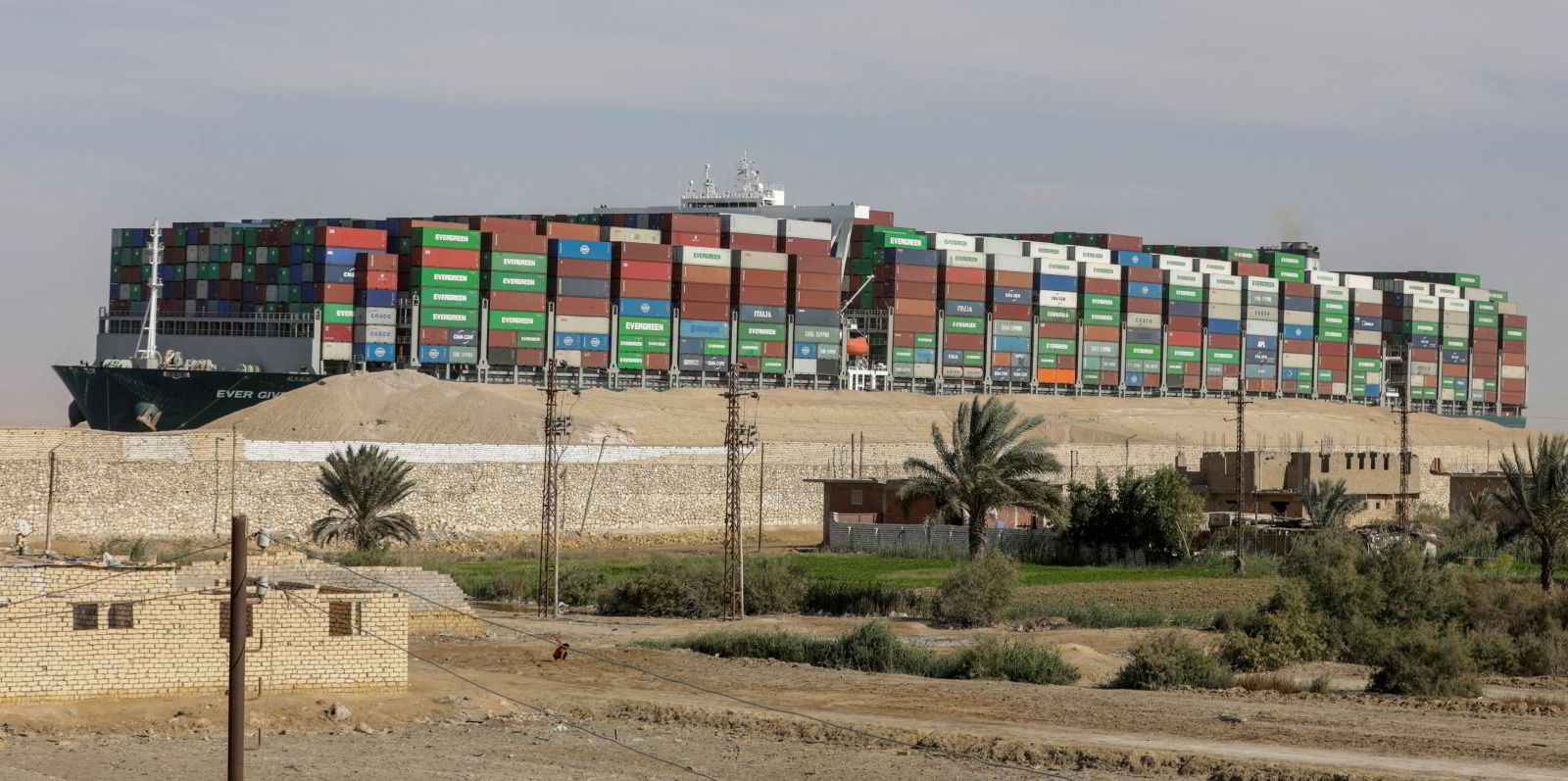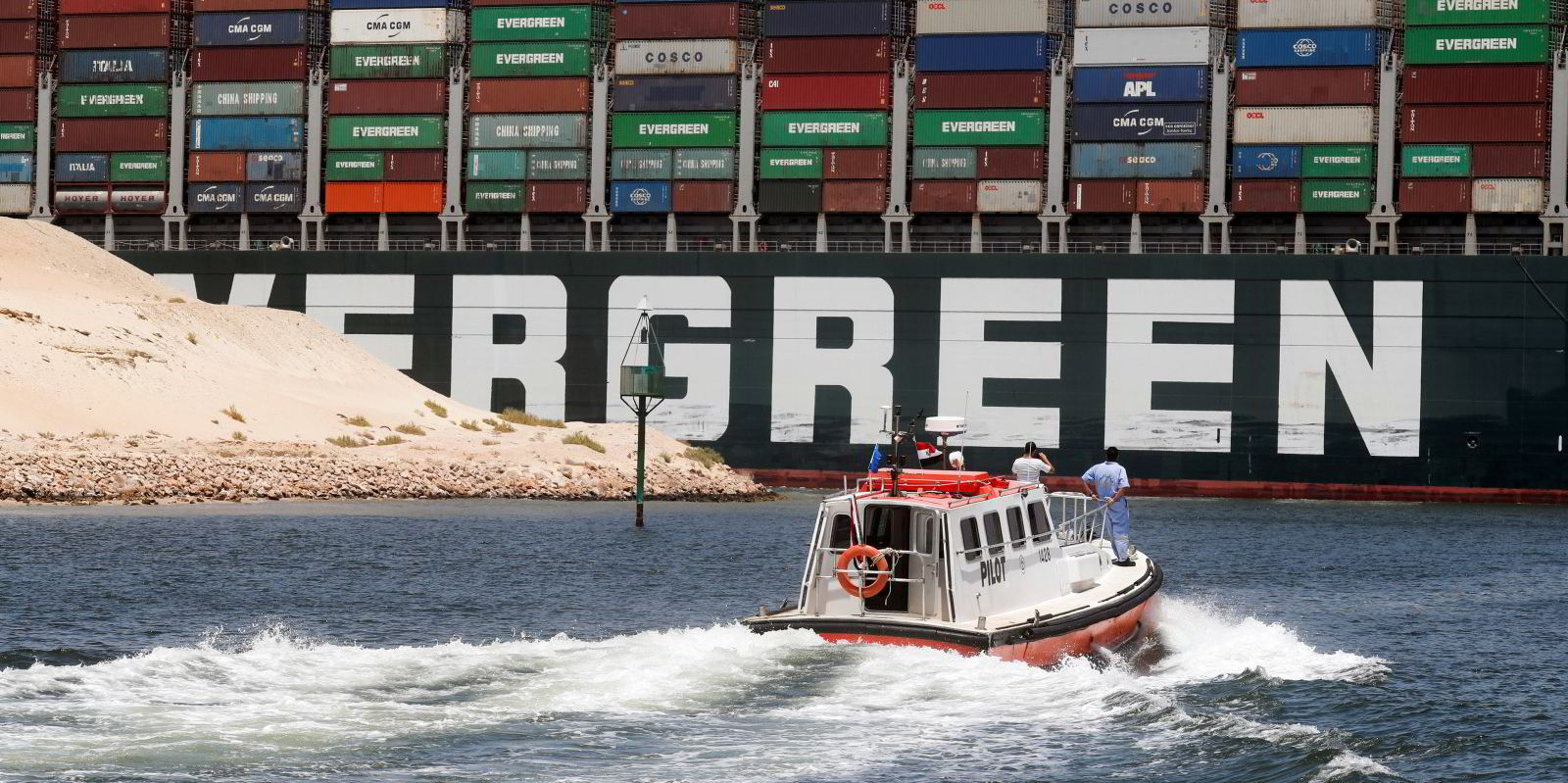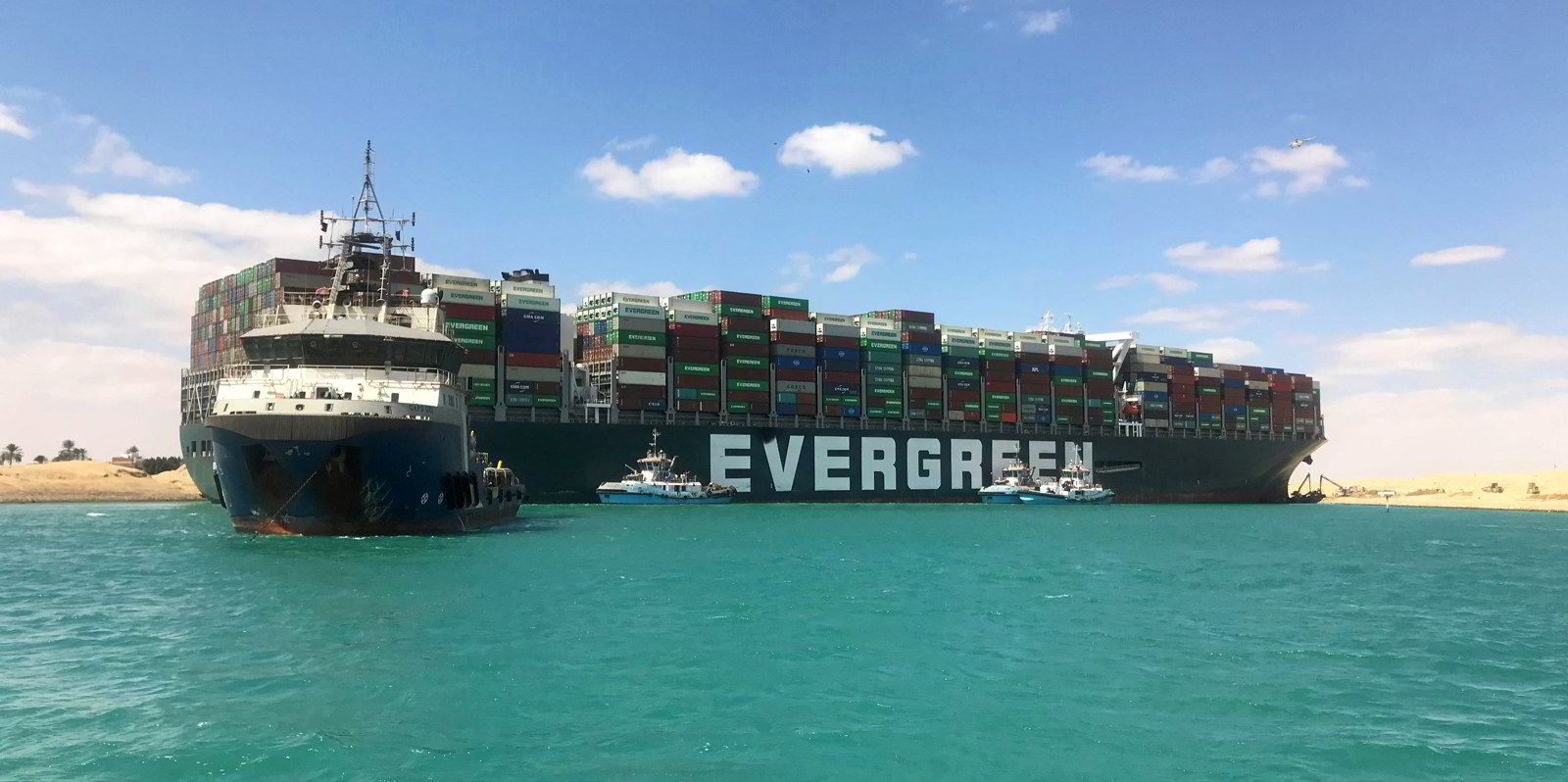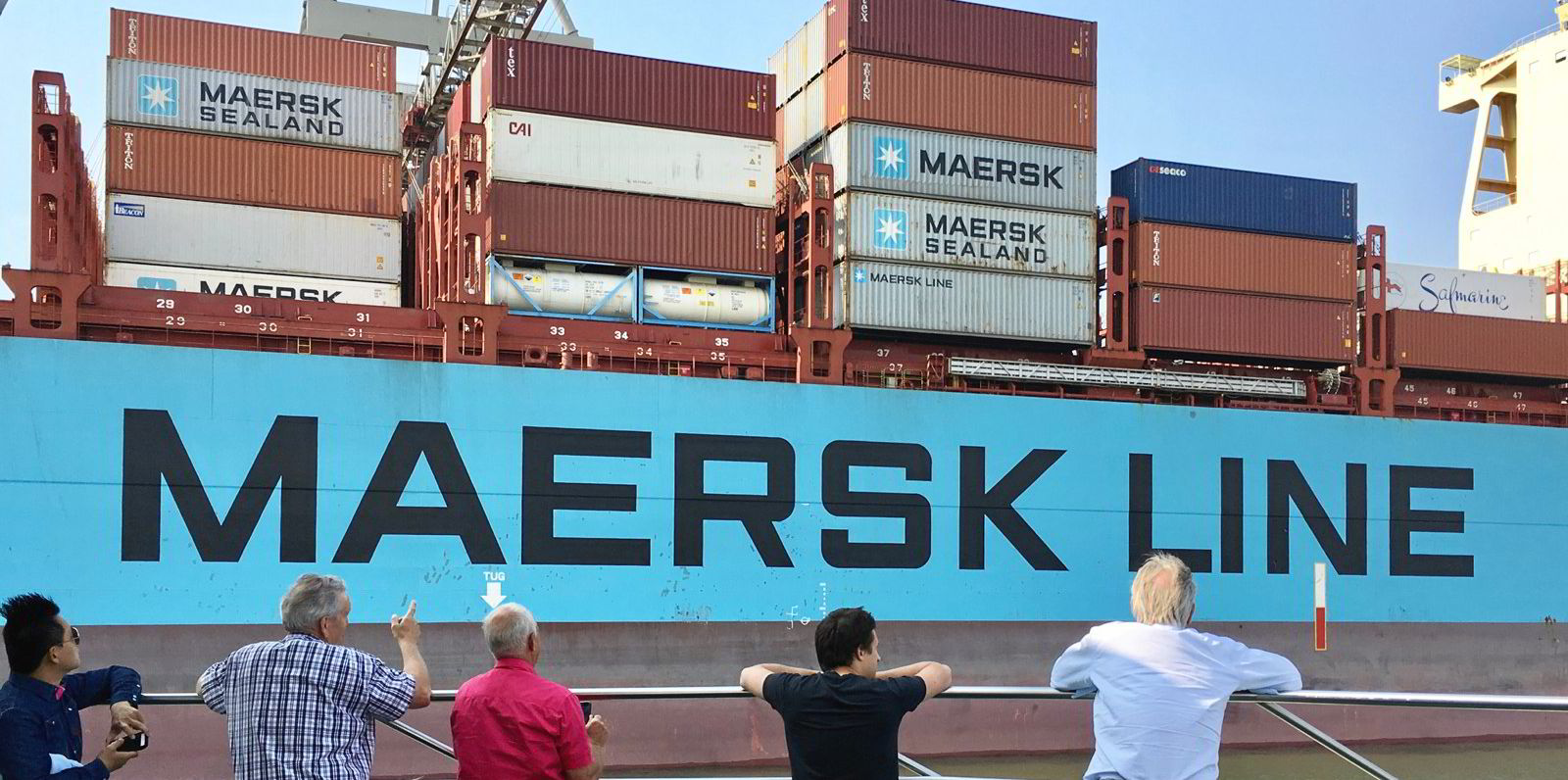Japanese shipowner Shoei Kisen was hit with a $1bn salvage and compensation claim after its giant container ship Ever Given ran aground and blocked the Suez Canal for six days in March 2021.
Omar N Omar — a Dubai-based partner of Middle East law firm Al Tamimi & Co, who took part in the legal battle that followed the refloating — described it as an eye-opener that highlights the need for a greater effort to unify, or at least harmonise, international treaties, and make sure they apply the next time such an incident inevitably occurs.
The problem, he said, is that the rules and the regulations of the Suez Canal Authority (SCA) trump those of Egypt’s legal system and all international treaties on salvage and the limitation of damages.
Speaking at the IBA Maritime & Transport Law Committee mid-year conference in Singapore this month, Omar, who heads Al Tamimi’s transport and insurance practice, said the owners, charterers and managers of the 20,124-teu Ever Given (built 2018) got a rude awakening when the SCA lodged a $1bn claim against the ship.
The $1bn was to cover the salvage costs as well as compensation for blocking one of the world’s most vital and busiest waterways. The incident delayed more than 400 ships.
“If we took the vessels, the cargo, the owners and the lawyers, and put them altogether, we are not even halfway there. But they [the SCA] insisted on that number,” Omar said.
The Ever Given was held by the canal authority for three months while its owners and insurers attempted to have the arrest warrant overturned.
A subsequent appeal was immediately dismissed.
“I was at that court, when the Court of Appeal actually issued the decision rejecting the appeal. The judge came out with 12 pages verdict that was written before we even entered the court,” Omar said.
The Egyptian courts deemed they had no authority over the SCA’s private rules and regulations, to which shipowners agree to submit themselves when a vessel’s master signs the canal passage contract before beginning the transit.
This, Omar explained, means SCA regulations override Egyptian law and any international treaty.
The authority can perform a salvage operation, even if not invited, then claim compensation for the salvage work even though it has acted unilaterally.
No Egyptian court is empowered to provide oversight over the SCA’s claims.
In short, the SCA holds all the cards. The shipowner does not have a leg to stand on.
Omar said the Ever Given incident gives rise to several concerns.
“Our international laws are not yet ready to handle such incidents in international passages such as the Suez Canal. We are really behind in salvage, groundings and pollution of this magnitude,” he said.
These concerns, he added, will only increase as ships get ever larger.
“Can you actually build as big as you want? And when you build a vessel of that magnitude, wouldn’t that actually require a different type of pilotage, a different type of due diligence, a different type of technicality, which does not apply to the 99.9% of other vessels?”
The Ever Given dispute was eventually settled via private negotiations between the SCA, Shoei Kisen and the protection and indemnity clubs.
The amount of the settlement remains a closely guarded secret.
Omar said even he does not know the amount.

What is known is that the agreement included an undertaking that no claims for damages or compensation would be made against the SCA by the shipowner and its insurers.
Omar said it is important for lawyers engaged in a dispute in a foreign jurisdiction to understand the background and mentality of the legal system within which their local counterparts work.
“I think it’s extremely important that when we interact in the future, we manage expectations, especially the expectations of our clients and our members.”





